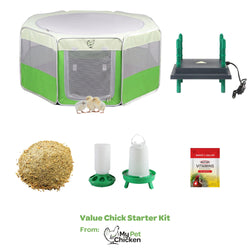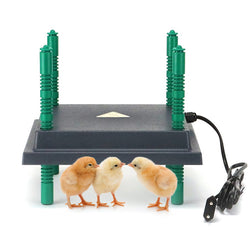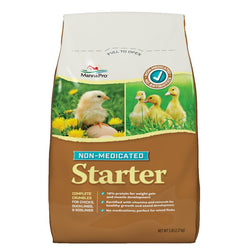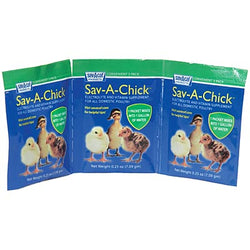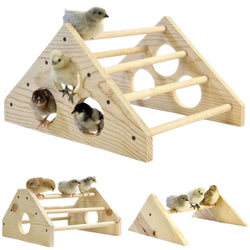How Many Eggs per Day Does a Chicken Lay?
Back to blog
A female chicken can lay up to one egg per day. It is important to note that a hen will not always lay one per day, since we all need some time off! Proper care, including a nutritious diet, and a comfortable living environment, can help ensure that your chickens reach their laying potential.
How Long Does it take for a Hen to Produce and Egg?
The process of egg formation in a chicken typically takes approximately 24 to 26 hours from the time a hen lays one egg until she lays the next one. Here's a basic breakdown of the stages involved:
- Ovulation: The process begins when a mature follicle containing a yolk is released from the hen's ovary. This usually happens early in the morning.
- Fertilization (if applicable): If a rooster is present and mating has occurred, fertilization takes place in the hen's oviduct, shortly after ovulation.
- Egg Formation: Over the next several hours, the yolk moves through the oviduct, and various layers of egg white (albumen), membranes, and the shell are added. The egg white is added first, followed by the shell membranes, and finally, the shell.
- Shell Formation: The shell takes the longest time to form, with the last few hours of the process dedicated to shell formation. This is when calcium is deposited onto the egg to create a hard outer shell. You can support your hen making strong strong shells by offering them crushed oyster shells.
- Laying: Once it's fully formed, the hen is ready to lay. This usually happens in the late morning or early afternoon.
Understanding Chicken Egg Production
Not all chickens are created equal when it comes to laying abilities. The number a chicken can lay per year varies significantly based on factors such as breed, age, and environmental conditions.
- Breed: Different chicken breeds have different laying capabilities. Some breeds are known for their prolific production, while others are primarily raised for meat or ornamental purposes. For example, Leghorns are renowned for their high production, whereas Silkies are less prolific layers.
- Age: A chicken's age also plays a crucial role in its laying capacity. Hens typically begin laying at around 5-6 months of age, but their peak production occurs between 1 and 2 years old. As they age, egg production tends to decline.
- Environmental Conditions: Factors such as diet, health, housing, and access to natural light can influence a chicken's egg production. Providing a comfortable and stress-free environment is essential for maximizing production.
Factors that can Affect Egg Production
Several factors can influence a chicken's ability to lay eggs consistently:
- Seasons: Chickens are affected by the changing seasons. They tend to lay more eggs during the longer daylight hours of spring and summer and less during the shorter days of fall, when molting occurs and winter.
- Nutrition: Providing a balanced diet rich in protein and essential nutrients is crucial for egg production. Inadequate nutrition can lead to a decrease in egg production.
- Health: Healthy chickens are more likely to lay consistently. A clean and dry living environment can help prevent some diseases that may impact egg production.
Just before your hens start laying, make sure to purchase Layer Feed, Egg Cartons, and Nest Box Supplies.

